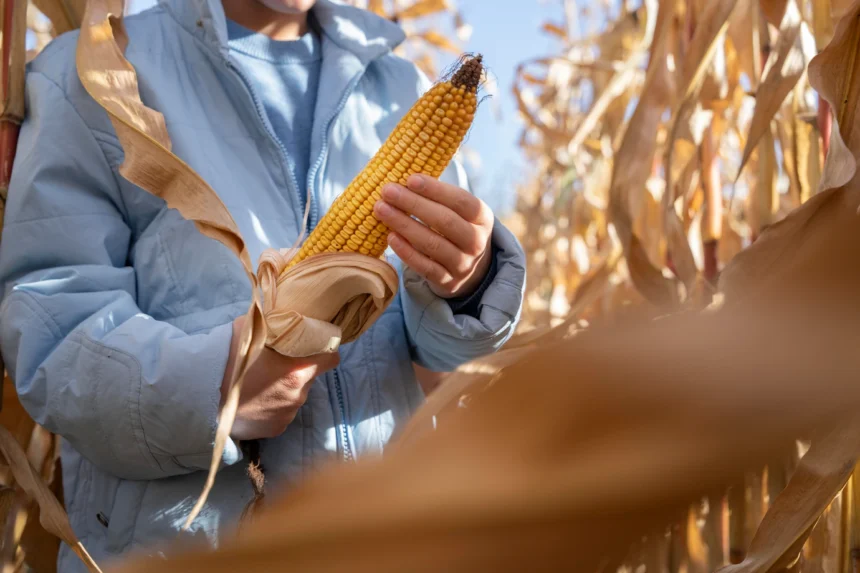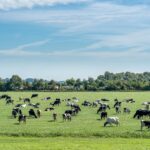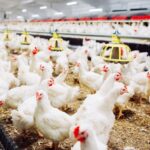Agriculture is a vital part of South Africa’s economy, and many small-scale farmers are seeking ways to enter the market with minimal financial risk. Growing low-cost crops can be a viable entry point. Here are ten crops that require less capital investment and offer good returns, along with insights and recommendations for each.
1. Maize (Corn)
Insights: Maize is a staple food in South Africa and can be grown with relatively low investment. It requires basic inputs like seeds, fertilizers, and water.
Recommendations: Opt for drought-resistant varieties to mitigate risks. Proper land preparation and timely planting are essential to maximize yields.
2. Beans
Insights: Beans are easy to grow and require minimal inputs. They improve soil fertility through nitrogen fixation, which benefits subsequent crops.
Recommendations: Use disease-resistant varieties and practice crop rotation to maintain soil health. Beans can be intercropped with maize for better resource utilization.
3. Sweet Potatoes
Insights: Sweet potatoes are hardy crops that can grow in less fertile soils and require minimal water. They have a good market demand.
Recommendations: Use vine cuttings for propagation to save on seed costs. Ensure proper weed management to prevent competition for nutrients.
4. Groundnuts (Peanuts)
Insights: Groundnuts are legumes that enrich the soil with nitrogen and require relatively low investment. They have multiple uses in food and oil production.
Recommendations: Choose well-drained sandy soils for cultivation. Proper drying and storage are crucial to prevent aflatoxin contamination.
5. Cassava
Insights: Cassava is a drought-tolerant crop that can thrive in poor soils. It is a vital food source in many African countries.
Recommendations: Plant disease-resistant varieties and ensure proper spacing to avoid competition. Cassava can be intercropped with beans or maize for better land use.
6. Pumpkins
Insights: Pumpkins are easy to grow and have a wide range of culinary uses. They require minimal care once established.
Recommendations: Plant in well-drained soil and ensure adequate space for vines to spread. Harvest pumpkins when fully mature for the best quality.
7. Spinach
Insights: Spinach grows quickly and requires minimal inputs. It can be harvested multiple times, providing a continuous supply of fresh produce.
Recommendations: Plant in well-prepared beds with good drainage. Regular watering and organic fertilization can enhance growth and yield.
8. Tomatoes
Insights: Tomatoes have a high market demand and can be grown with relatively low capital investment. They can be cultivated in small spaces, making them suitable for urban farming.
Recommendations: Use disease-resistant varieties and practice good pest management. Stake the plants to support growth and improve air circulation.
9. Chillies
Insights: Chillies are hardy plants that can grow in a variety of conditions. They have a long shelf life and high market value.
Recommendations: Plant in well-drained soil and ensure adequate sunlight. Regular watering and organic fertilization can boost yields.
10. Cabbage
Insights: Cabbage is a low-cost crop with a high yield potential. It can be grown year-round in many regions of South Africa.
Recommendations: Use disease-resistant varieties and practice crop rotation to prevent soil-borne diseases. Proper spacing and irrigation are essential for healthy growth.
General Recommendations for Low-Cost Crop Farming
- Soil Preparation: Ensure proper land preparation to enhance soil fertility and structure. Use organic matter and compost to improve soil health.
- Seed Selection: Choose high-quality, disease-resistant seeds to reduce the risk of crop failure. Opt for drought-tolerant varieties where possible.
- Water Management: Efficient water use is critical in South Africa’s climate. Implement drip irrigation or other water-saving techniques to optimize water use.
- Pest and Disease Control: Regular monitoring and integrated pest management can minimize the need for expensive chemical treatments.
- Marketing: Identify local markets and establish direct sales channels to maximize profits. Value addition, such as processing or packaging, can also increase income.
- Training and Education: Stay informed about best practices and new technologies in agriculture. Participating in local agricultural extension programs can provide valuable knowledge and support.
By focusing on these low-capital crops and following the recommended practices, small-scale farmers in South Africa can enter the agricultural market with reduced financial risk and a higher chance of success.
Join 'Farmers Mag' WhatsApp Channel
Get the latest Farming news and tips delivered straight to your WhatsApp
CLICK HERE TO JOIN






